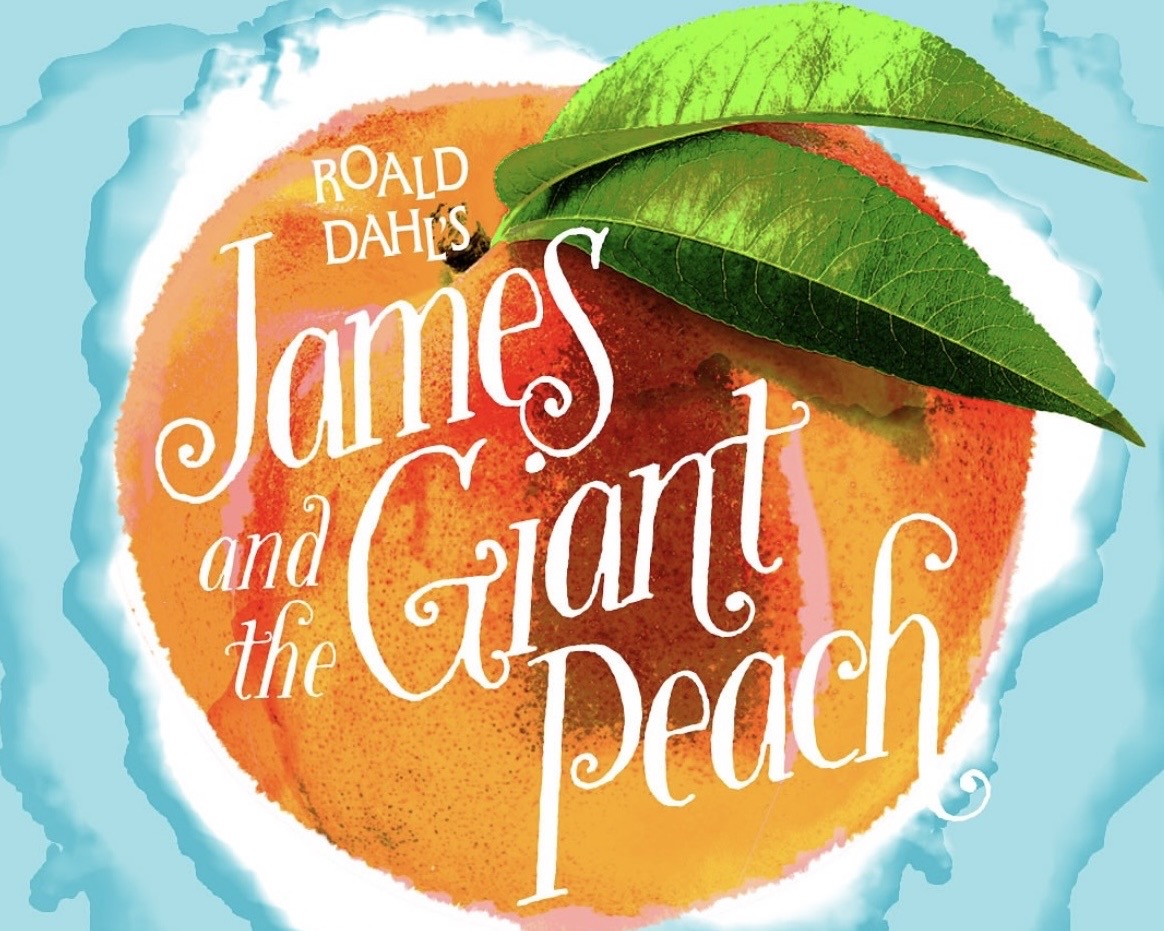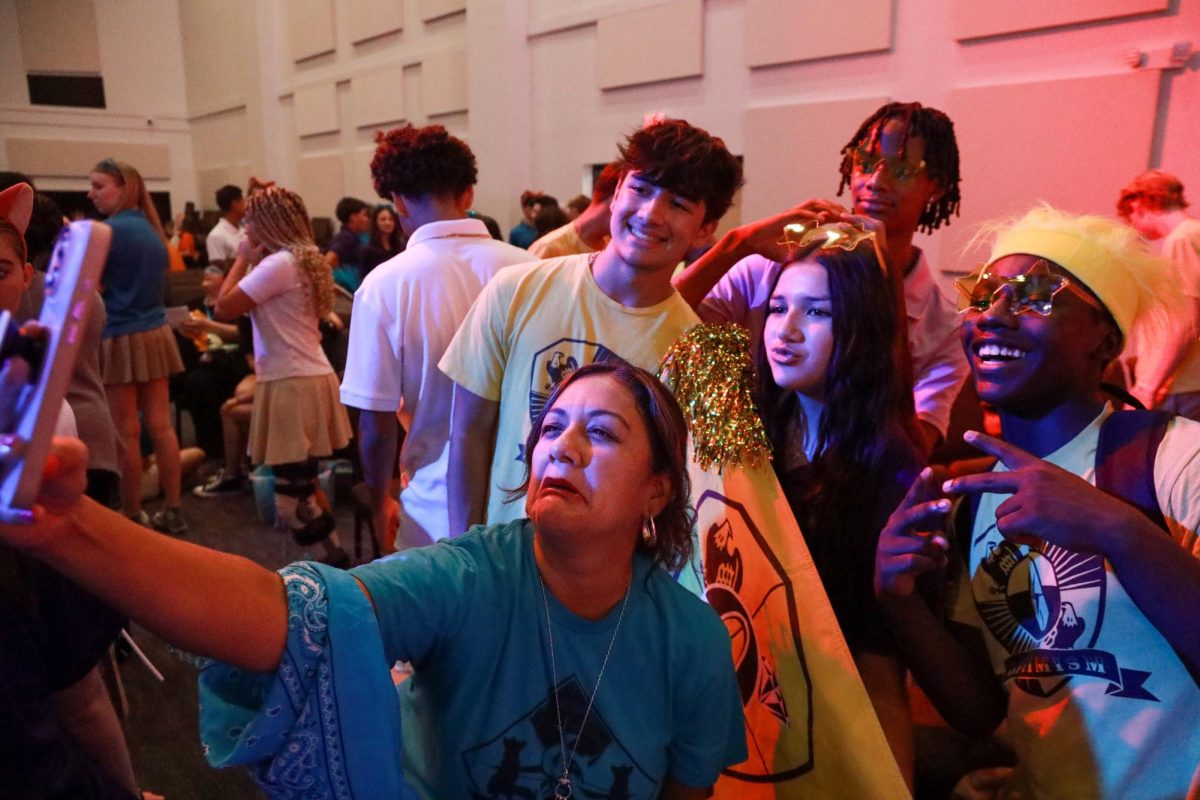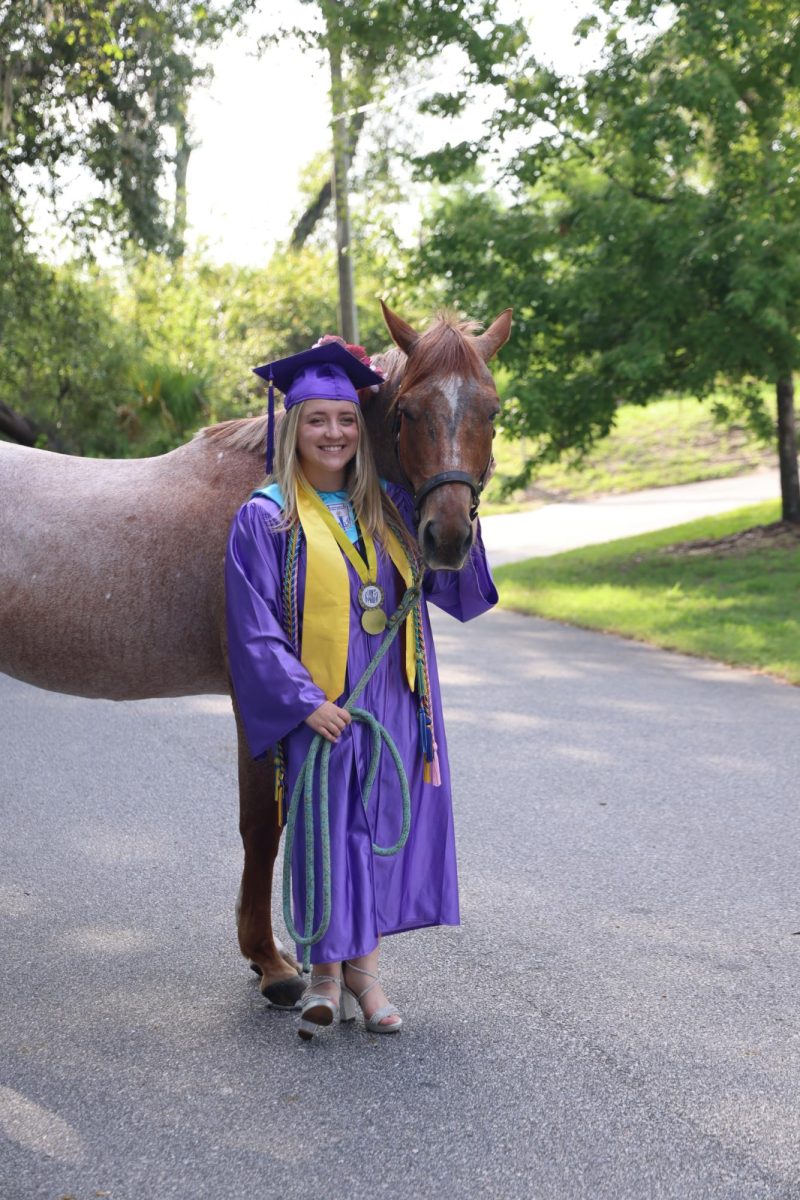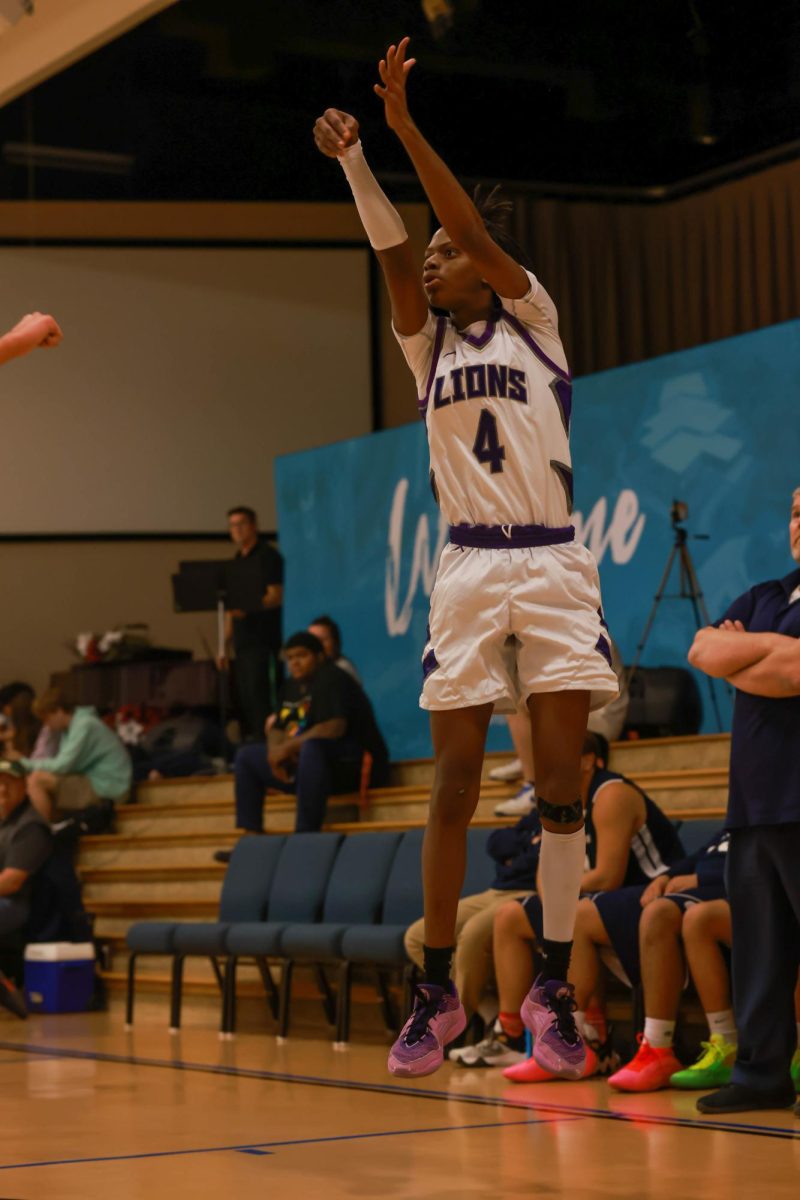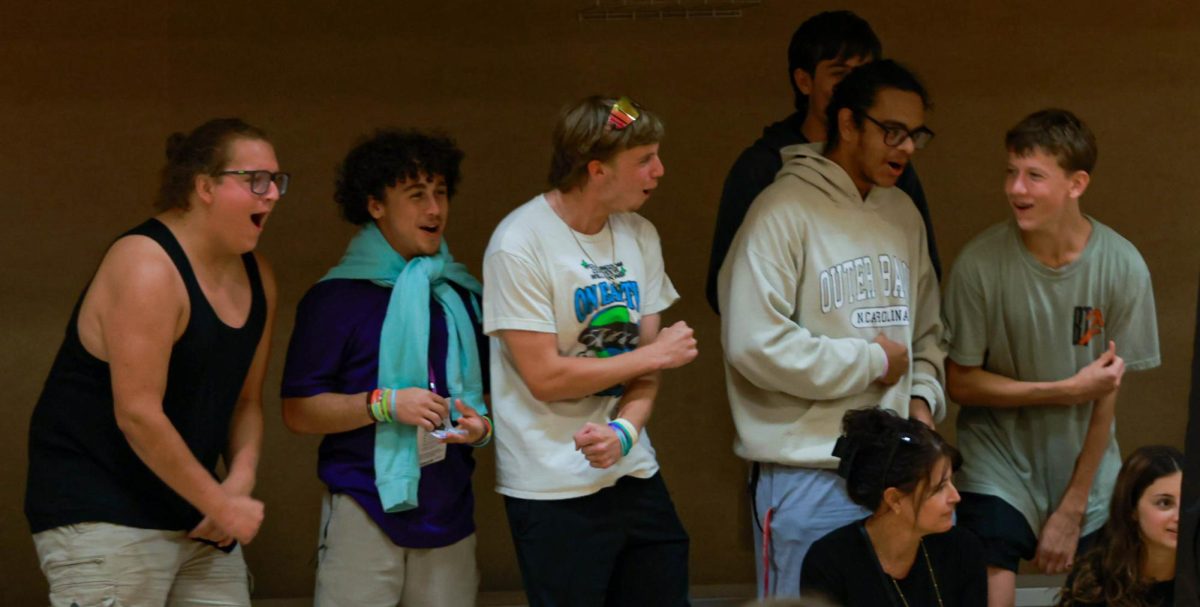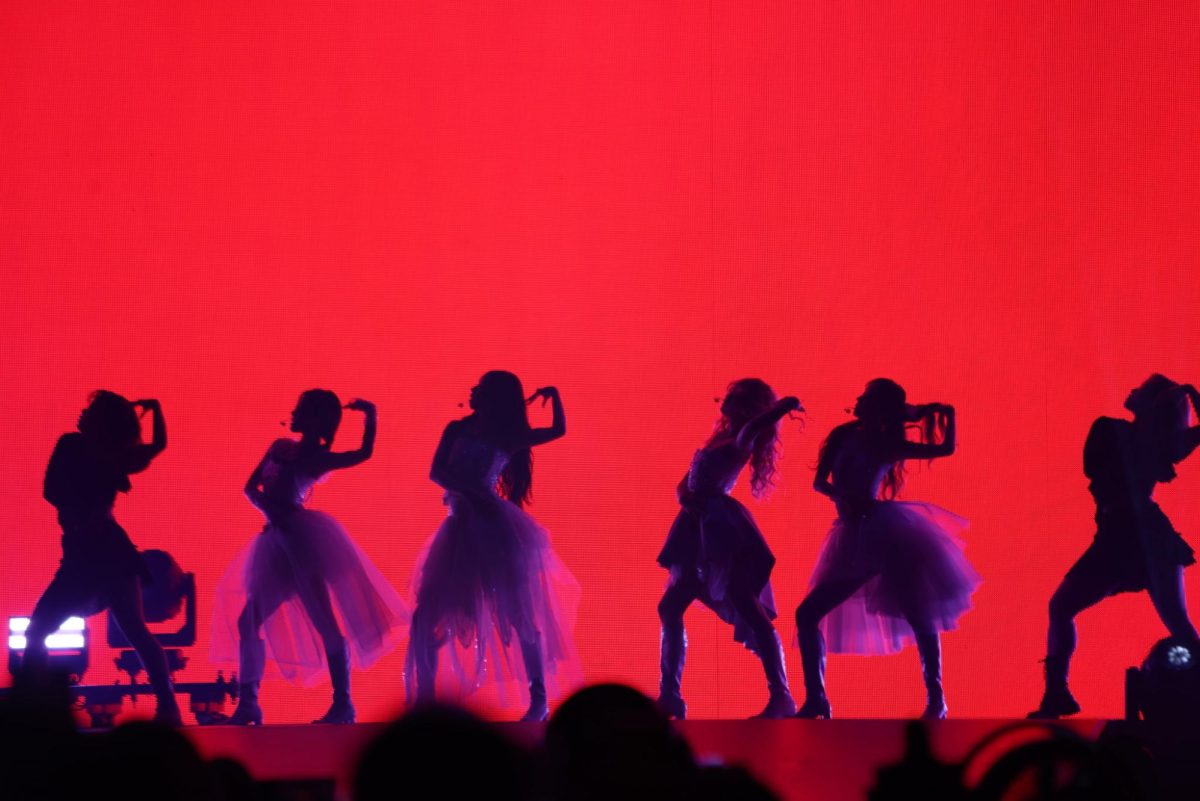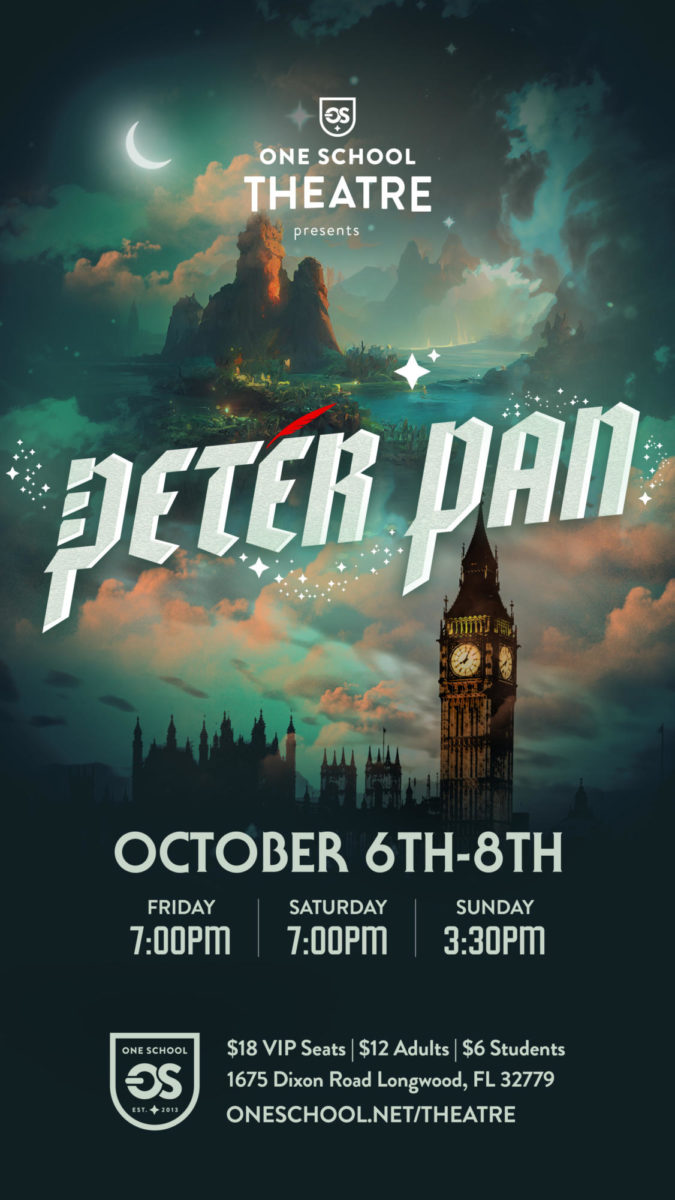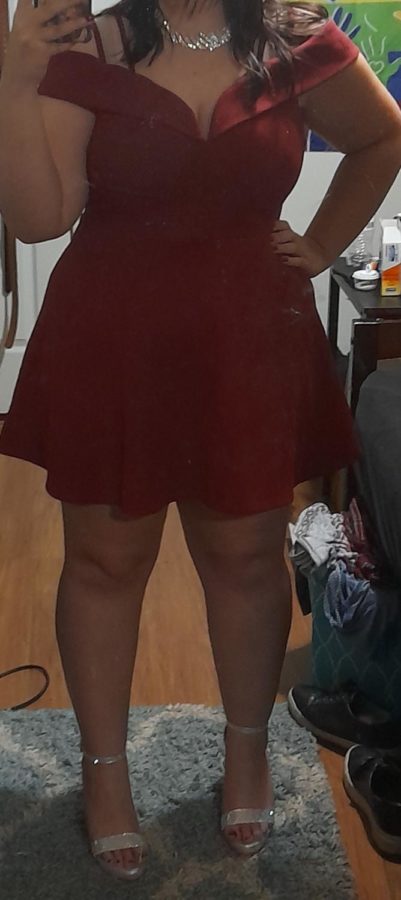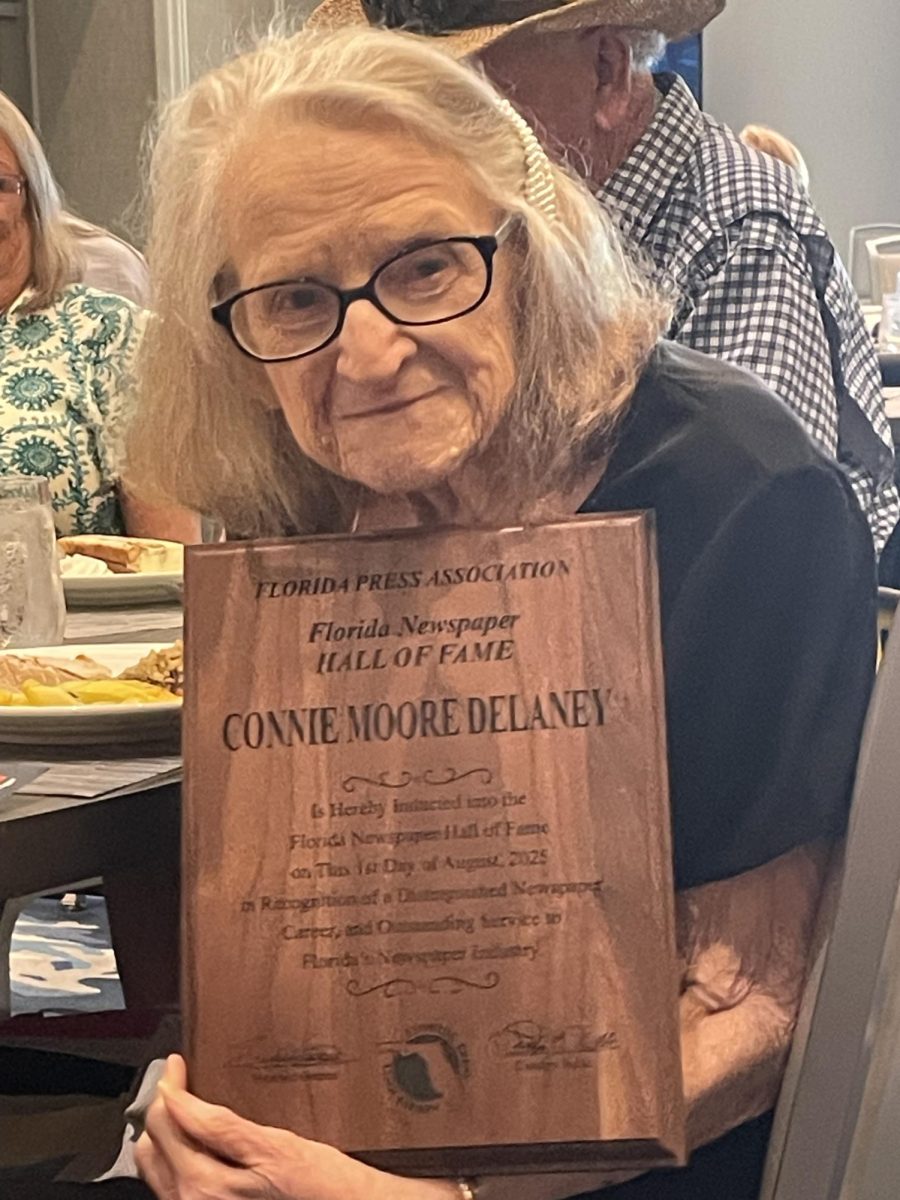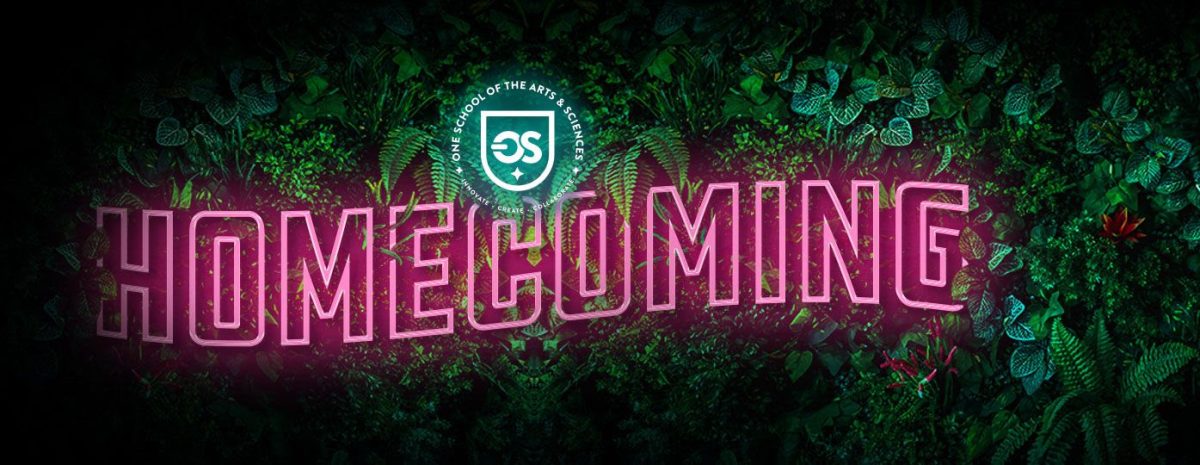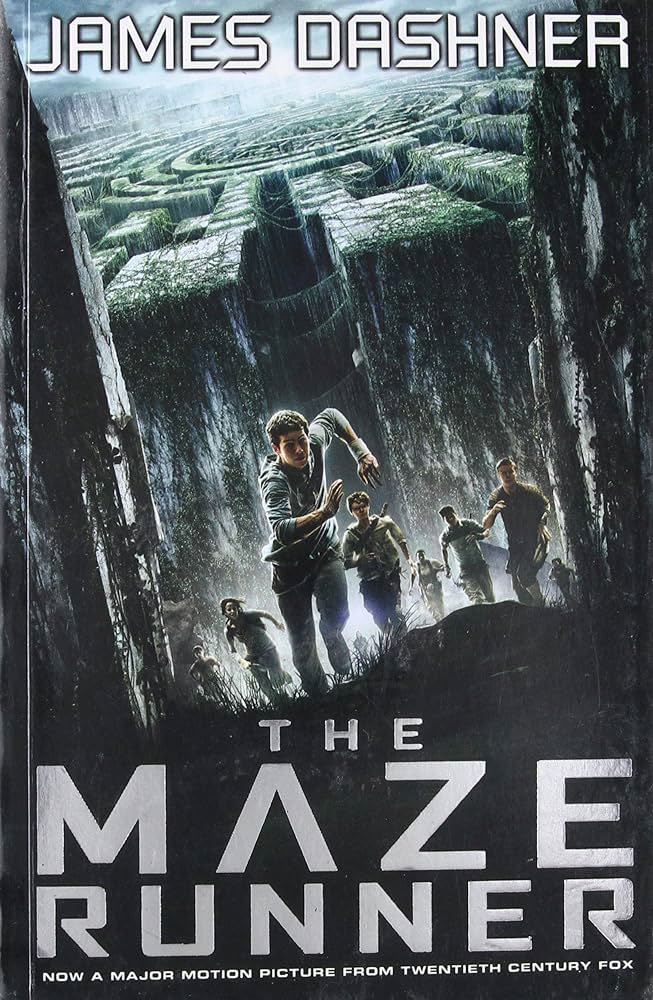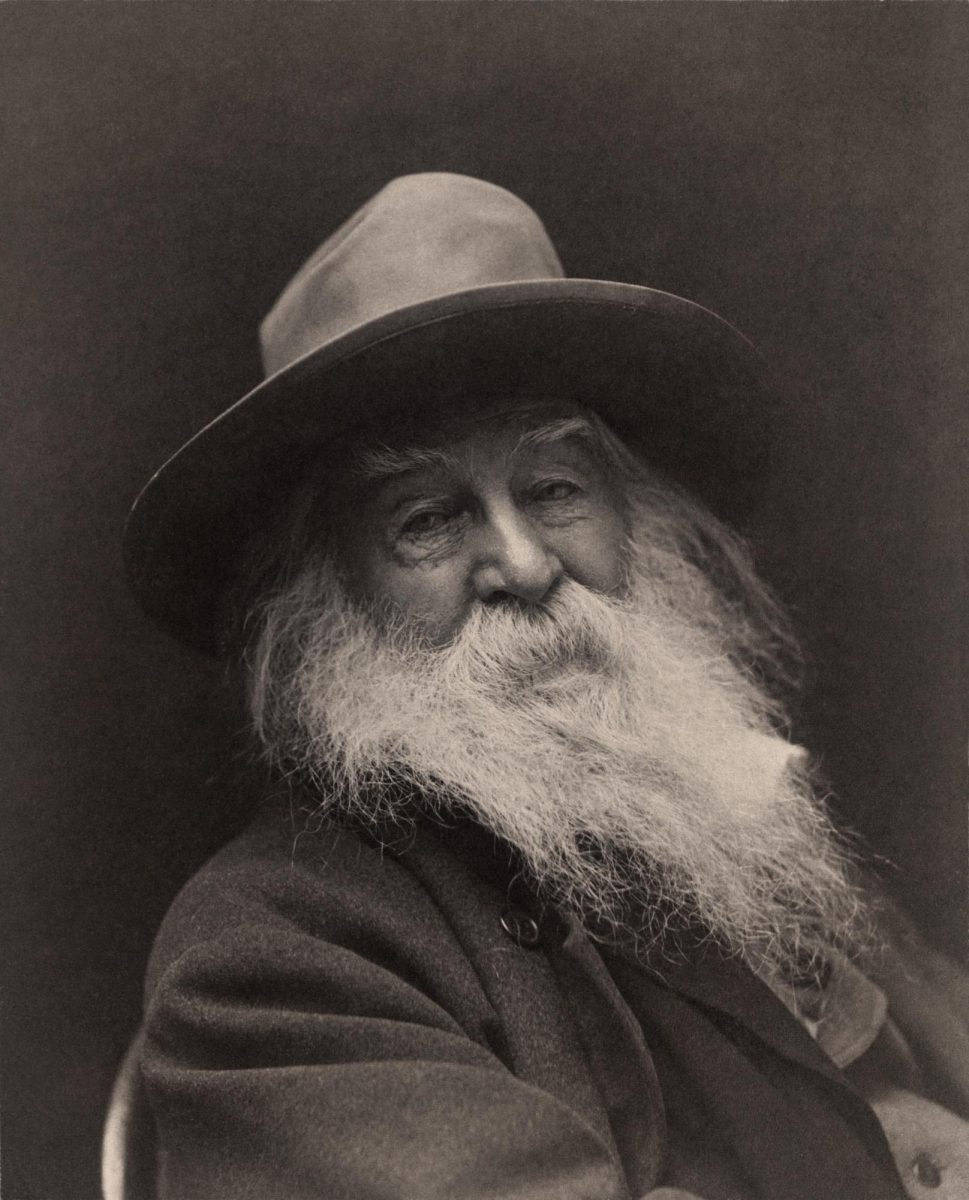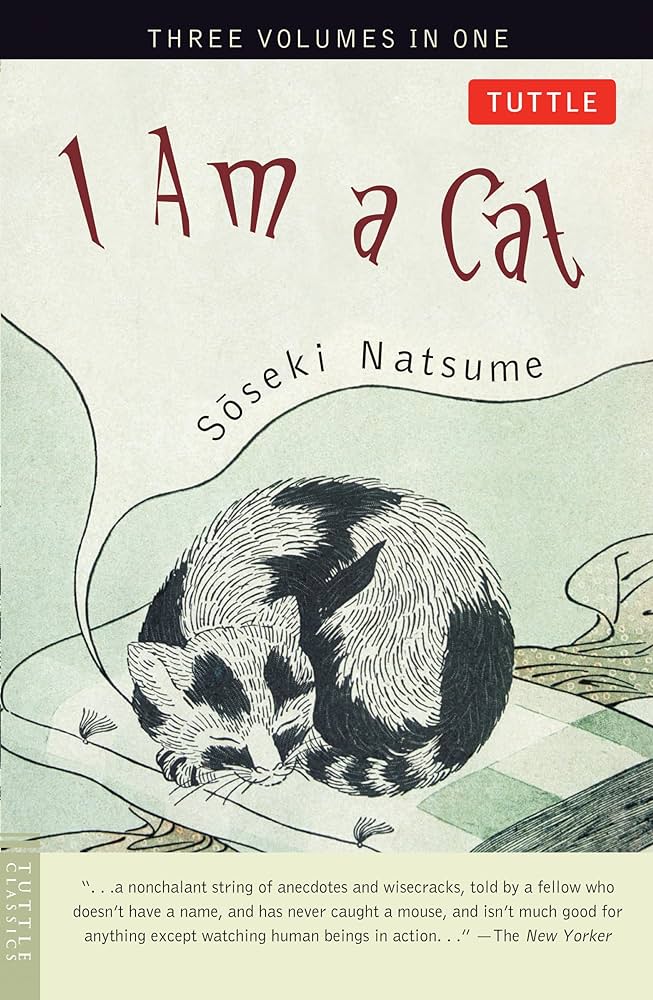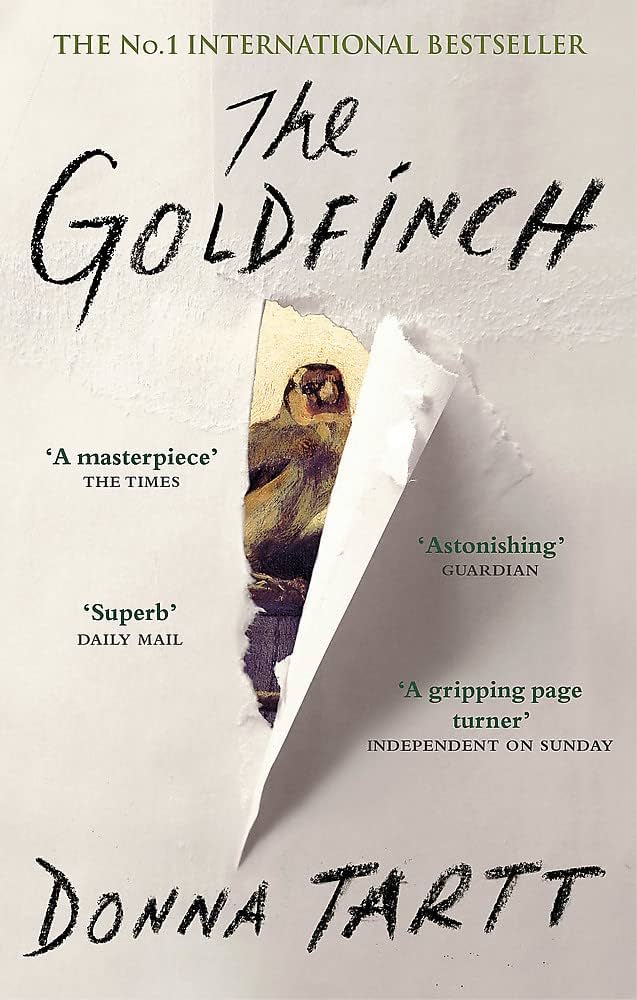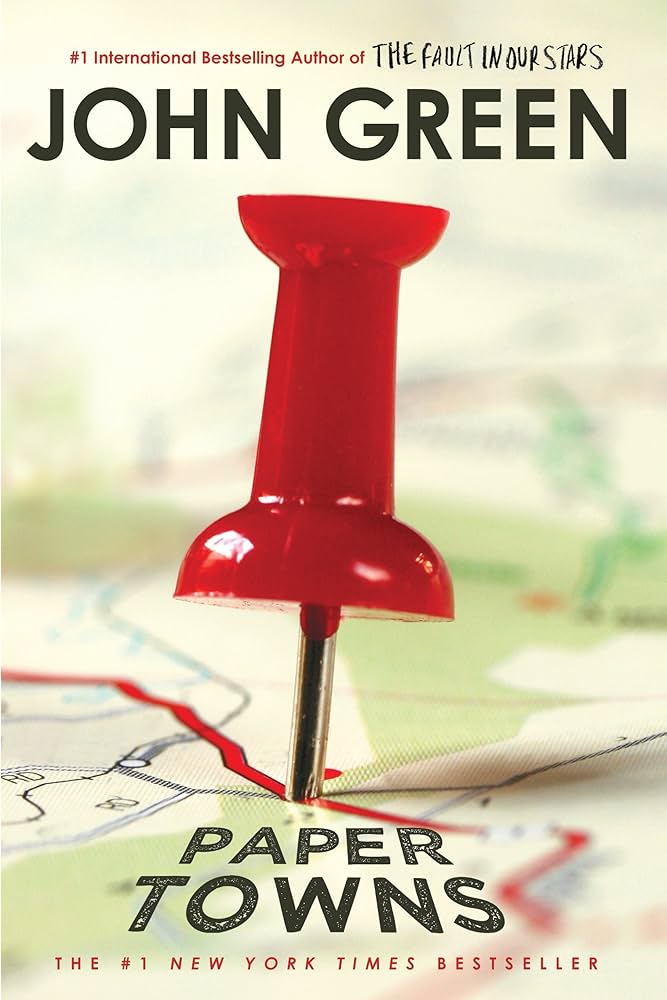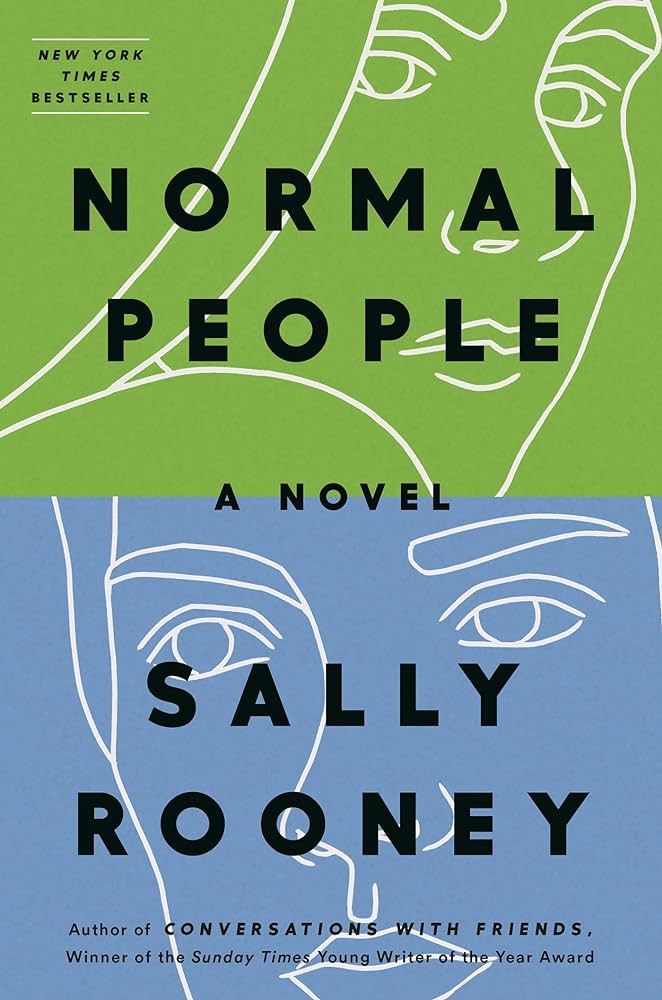The Maze Runner, by James Dashner, is a staple book series for most middle schoolers and a great movie series for anyone who loves the thrill of action. This book’s world is summarized in seven books—including the prequels, sequels, and extra books written off unseen portions of different characters’ lives—and the least that can be said is that it is six books too much. I didn’t get to read The Maze Runner as a middle schooler, and loving the movies, I thought I’d give it a try, especially given how much I’d heard about the books being ‘really good’.
This is not to say that there was nothing good about the series, and I’m not making any suggestions as to whether or not to read it, especially not past the third book, where I stopped; however, it would not be on the top of my recommendation list.
The first book, in my opinion, is completely fine. In fact, I’d go as far as to say it is a genuinely good book, with well-rounded characters, a plot that is very well crafted to maintain a solid amount of mystery, and a puzzle that we get to solve along with the characters. I love how we don’t get extra information, so every new discovery or every clever plan that’s crafted is genuinely shocking to us, because not only does everything add up well, but the plans actually make sense.
Dashner’s ability to create a sense of dread and suspense through his first book is also incredibly admirable. Whereas a lot of the writing is obviously directed toward an audience within a certain capability, he still manages to create a foreboding sense with the straightforward wording he uses. Then, when everything comes to a halt and the people you want to stay safe do stay safe, you are genuinely relieved.
However, all of that goes down the drain when you pick up the second book, and suddenly there’s this onslaught of random information and a terrible plot that makes absolutely no sense until you get to the end, and Dashner makes up some crazy plotline to excuse the crazy plotline he had written a hundred pages before, and even then it’s a stretch to say it makes cohesive sense. He added on to his ruining of every character, not only by adding more that he did not have the skills to create a coherent plot with so many people, but by losing his focus on the ones he had to begin with. The relationships lose value, and so do the characters’ voices themselves, with some of the main characters from the first book suddenly having no say in the second because he pushed them to the back. Even worse, the main character, Thomas, is asleep for half the book. The amount of times I read about his either fainting, sleeping, or being sedated, and then waking up and spending five pages trying to get his bearing, and then another ten being updated on everything that happened, was insanity.
Then, the third book didn’t make up for a single thing. It was by far better than the second, but after reading the second, I didn’t really care for it anymore. Dashner somehow went from overloading his readers with unnecessary plotlines, people, and convoluted messes to barely giving anything. The third book was more coherent, by far, but it also wasn’t as enjoyable. With the second book, because of how horrendously overpacked it was, it at least kept you entertained wondering how he was going to manage to wrap it all up when they’re all stuck in hamster balls during an alien apocalypse and you’ve got twenty pages left. However, with the third book, it felt like every word was worth a whole sentence, as it dragged on and on.
I think the one thing I can admire throughout all the books is that Dashner isn’t at all afraid to kill off even the most beloved of characters and, in fact, seems to enjoy everyone suffering through their favorite dying. It’s different to see that an author targeted toward kids below a teenage level isn’t cowardly and doesn’t kill off a character just to bring them back for the sake of bringing them back because their permanent death would ‘upset people’.

